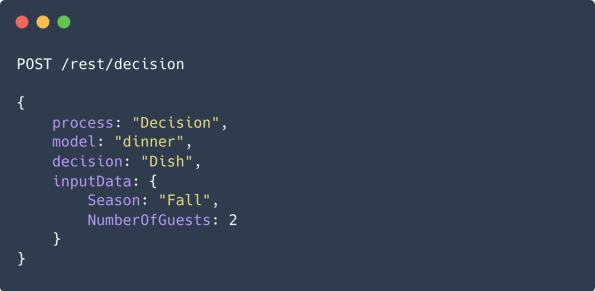Reduce the Complexity of Business Rules
Centralized Business Rules
Rule Engine centralizes business rules and creates a “single source of truth” spread across the enterprise to prevent hard-coded rules in applications.
- Common notation that is easily understandable by all business users
- Automating the decisions in processes
- Design by decision requirements


Industry Standard Compatible
Emakin supports the industry standard DMN 1.1 to execute business rules as an essential low-code requirement.
With DMN tables or models, process owners can flexibly and efficiently define and change rules.
Emakin decision model is based on DMN standards which is published by Object Management Group.
Decision models
Like processes, decisions also require diagrams to compose a logic.
Decision models provide a common notation that is easily understandable by all business users.
The business analysts who need to design initial decision requirements, the technical developers who are responsible for automating the decisions in processes and business people who will monitor and manage these decisions are all targets of this mechanism.
Decision tables
Rule definitions are pretty similar to an excel file
which doesn't require any coding.
Decision table is a logical expression for constructing conditional results. Table contains all (and only) the inputs required to determine the output.
Moreover, a complete table contains all possible combinations of input values (all the rules).
Execute Business Rules API
Decision model rules can also be executed with
the Emakin REST API to integrate with other applications
which
greatly simplifies the application logic.

Looking for Low-Code Development ?
Continue to Discover Emakin

Emakin BPMS supports the next-level development steps like testing, deployment and upgrading.
Emakin is already integrated with Google Drive and Calendar, Microsoft Office 365 and other APIs.
Feel free to request an demo to see how emakin improve your business processes.




